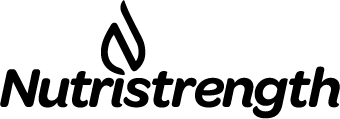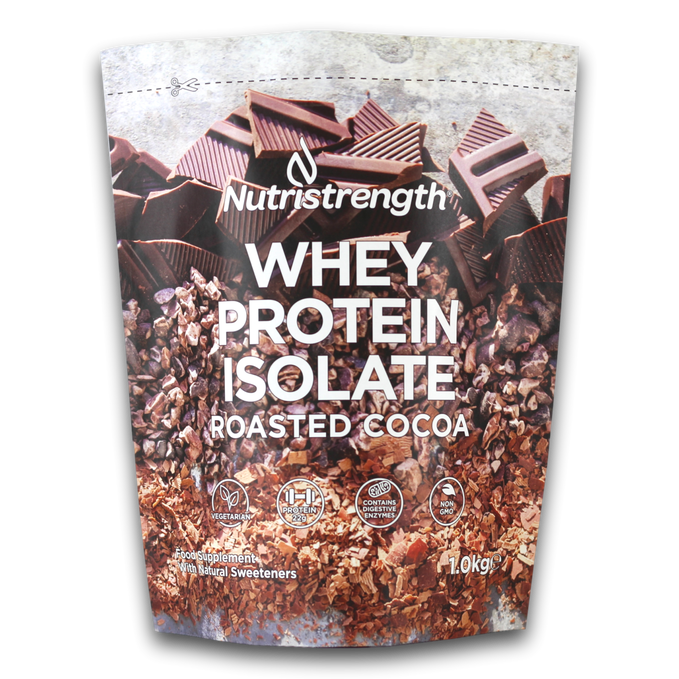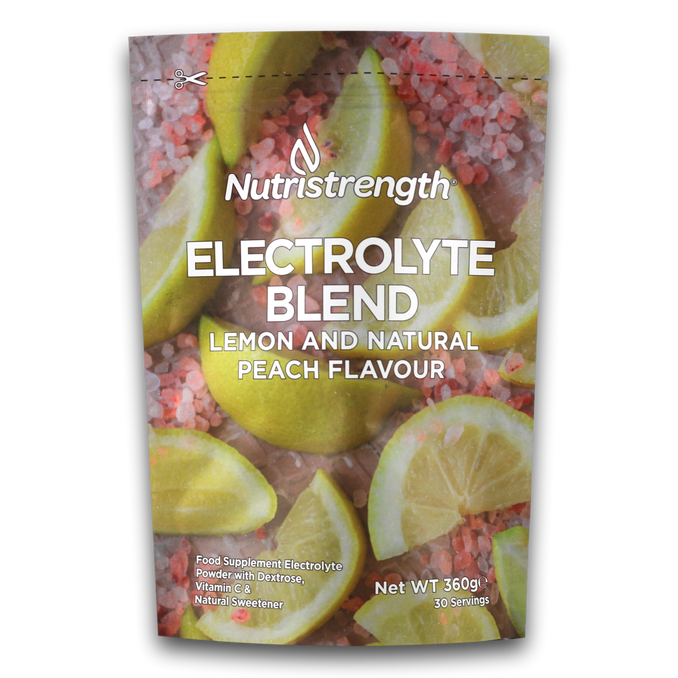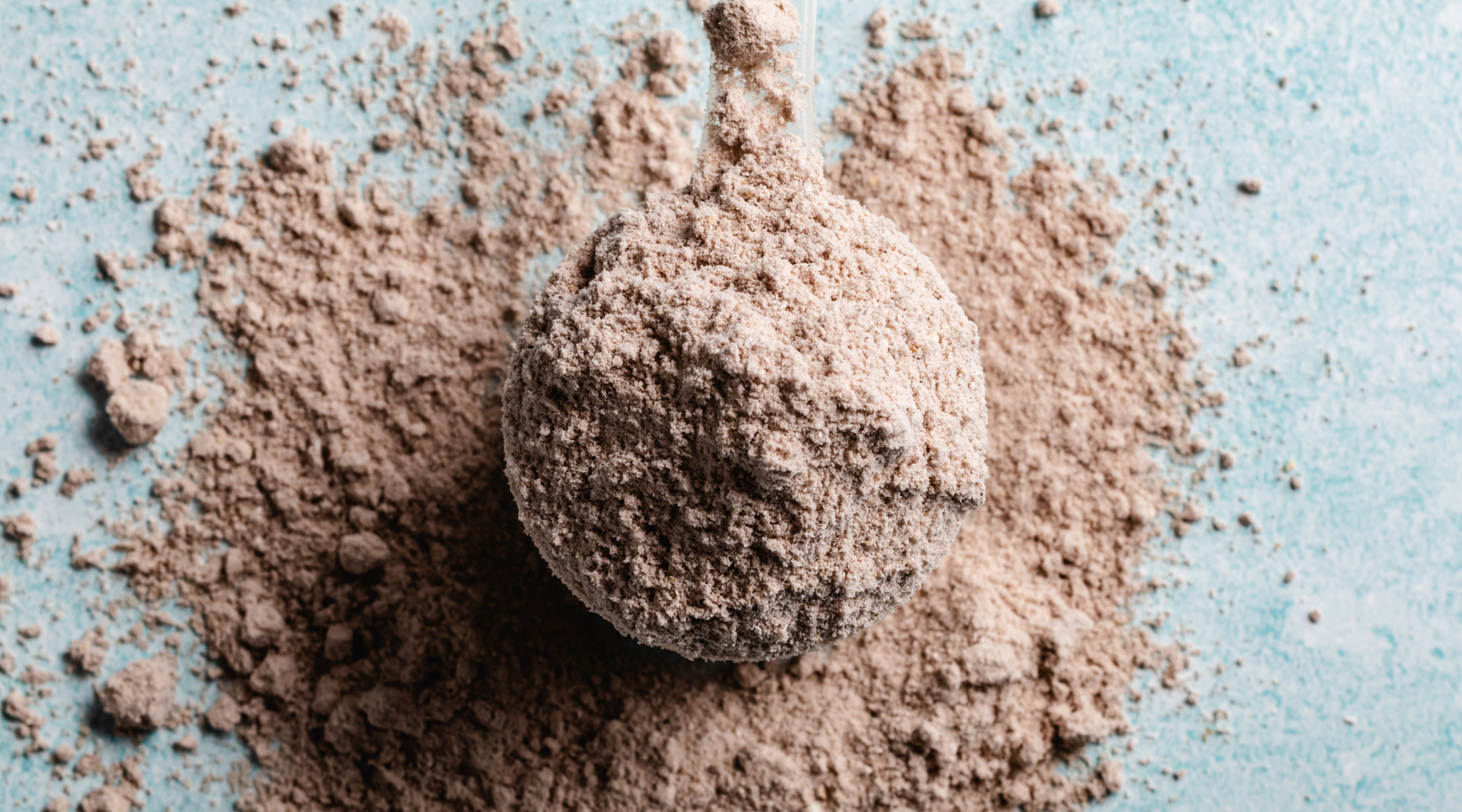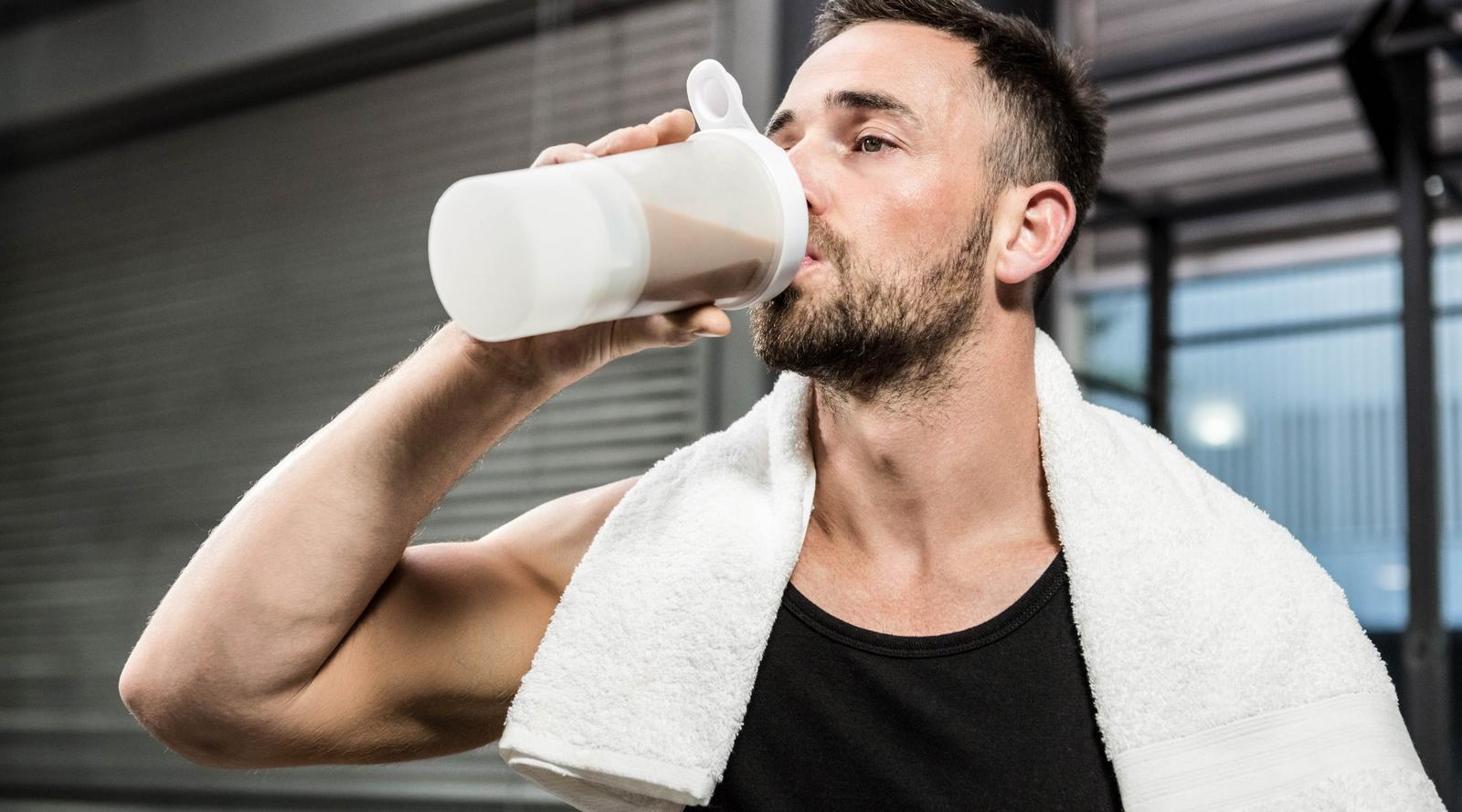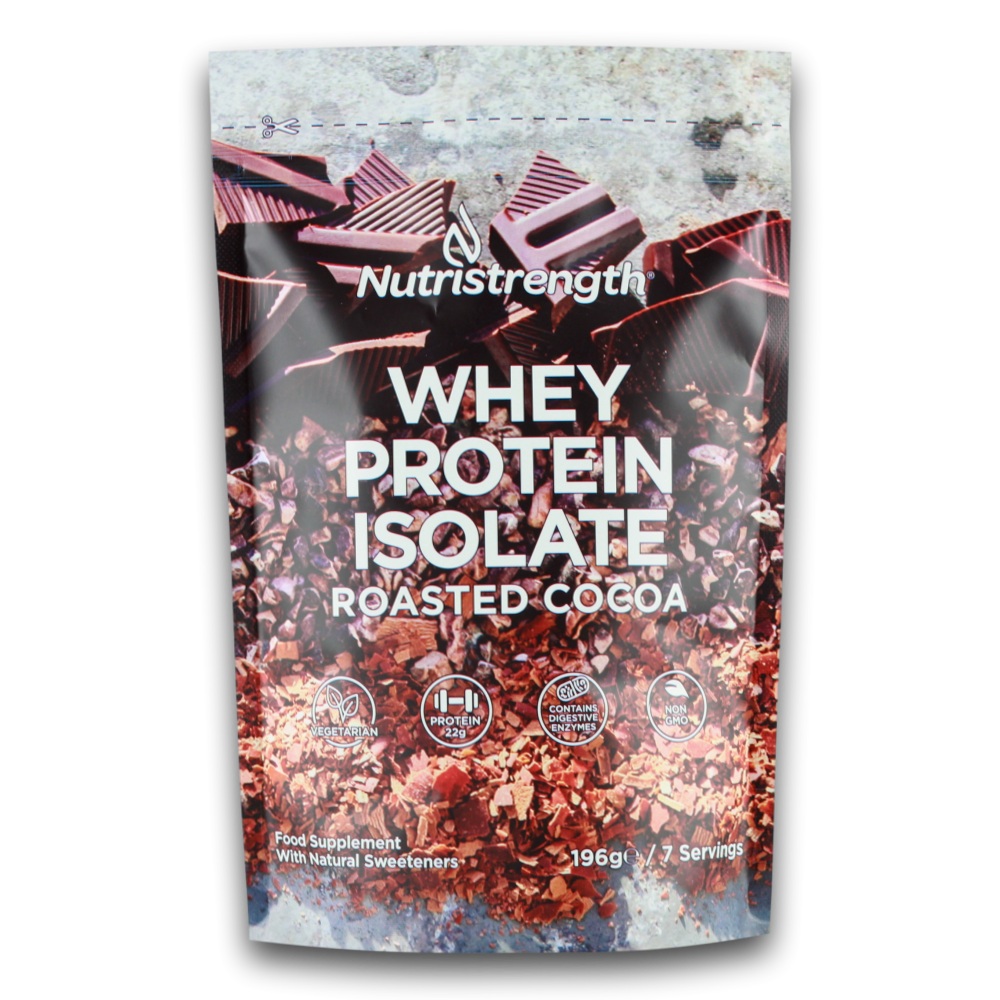The knowledge around protein and its role as part of a healthy, balanced diet has increased significantly in recent years. This awareness has seen the focus on protein expand beyond weightlifters and gym-going bodybuilders to those looking to support their fitness and the health conscious ensuring they’re getting the right nutrients.
With this, now widespread, interest in protein there is an increasing demand for alternatives to cow’s milk-based whey, which was traditionally the most popular supplement form.
Why are you looking for an alternative?
The first question to ask is; why are you looking for an alternative? Whether it’s personal preference or a dietary requirement, there are a whole host of whey protein alternatives out there but understanding why you want an alternative in the first place will help decide what’s the best alternative for you.
1. Goat and Sheep Protein
Now, if the answer to this question is to avoid cow’s milk or lactose, Goat and Sheep Protein may be the answer.
While Goat and Sheep Protein is still a whey protein, many people who struggle with cow’s milk, or are lactose intolerant, find they can more easily digest goat’s milk and Goat and Sheep Whey Protein. This is mostly due to the casein in cow’s milk, which some people find they are intolerant of, and goat and sheep’s milk has an entirely different casein structure and fat composition.
So, if you enjoy cow’s milk-based protein and find it a convenient supplement but also find that it leaves you feeling bloated or uncomfortable, Goat and Sheep Protein could be a tasty alternative.
2. Peas
Another option is Pea Protein. As well as being a protein powder, convenient for mixing into smoothies, shakes and for use in protein recipes, just like Whey Protein Isolate and Goat and Sheep Protein, Pea Protein has the added benefit of being completely vegan-friendly.
Made from no animal-derived products, Pea Protein is an excellent protein source, with up to 24.4g protein per 32g serving. Pea protein is also renowned for its amino acid profile.
3. Eggs
If you have more time and aren’t just looking for a quick shake, eggs are another excellent source of protein, with egg whites containing 11g protein per 100g.
Whether you whisk yourself up an egg-white omelette for breakfast or a hard-boiled egg salad for lunch, eggs can be a great way of incorporating more protein into your diet.
4. Meat
If you’re not vegan or vegetarian, meat can also be a favourable high protein source. Lean meats such as chicken or turkey offer a substantial protein to fat ratio, making them a great base for lunch and dinner recipes.
Oily fish is another source, and the omega-3 content is an added bonus.
5. Nuts and seeds
Nuts and seeds are an excellent protein source that can be eaten as a snack or used as a breakfast topper to fit in with your lifestyle.
The protein in food that we eat every day often goes forgotten but even fruits and vegetables offer protein that contributes towards your daily totals. Almonds are a particularly rich source, with 21g of protein per 100g, and pumpkin seeds supply 19g protein per 100g. However, the calorie and fat count can also be high with nuts and seeds, so you have to make sure your portion sizes are right.
6. Beans and pulses
By making beans and pulses a go-to ingredient when cooking, you can also add to protein intake. Lentils, broad beans and kidney beans all have a high protein content as well as counting towards your five a day.
You can even use beans and pulses in recipes with a protein powder supplement, such as this tasty chickpea-based Cookie Dough Cake recipe.
Which protein alternative will you choose?
So, there you have it. There are plenty of options for people looking for something different to traditional cow’s milk-based whey protein, it just depends on your tastes and requirements.
Many of the options mentioned here work well together as part of a varied diet but some also act as a great source of protein for people when they otherwise may not be able to get enough in their diet.
What’s your favourite protein source? Share your protein tips, recipes and thoughts with us on Twitter, Facebook and Instagram.
